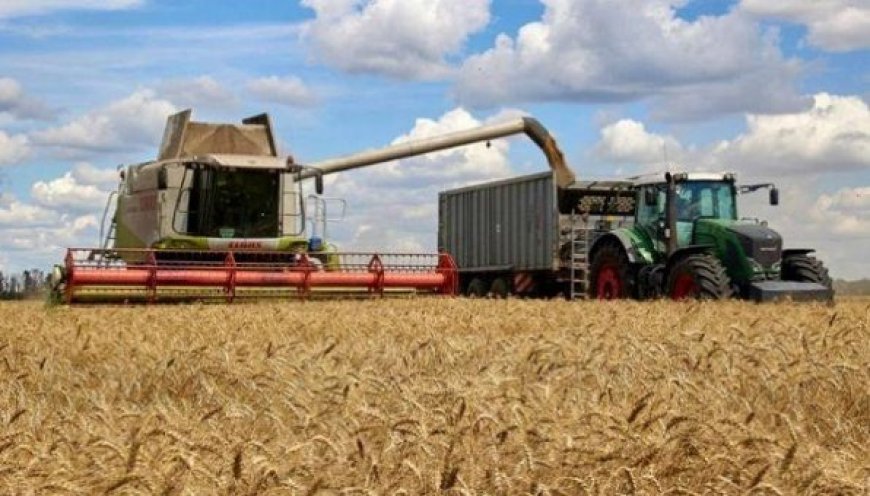Why govt must slash $3b annual wheat import, by experts

Experts have decried Nigeria’s yearly spending of $3 billion to import six million metric tonnes of wheat.
Wheat is typically milled into flour, which is used to make a wide range of foods, including bread, crumpets, muffins, noodles, pasta, biscuits, cakes, pastries, cereal bars, snacks, crackers, crisp-breads, sauces and confectionery.
It is the most widely cultivated cereal crop in the world. China is the highest producer of wheat in the world.
Prof. Benjamin Ubi, Regional Coordinator of West and Central Africa Collaborative Wheat Network (WECAWheat), said if half of the amount been used for wheat importation is devoted to research, Nigeria would sustain “our wheat production and even export the surplus”.
Executive Director of the Lake Chad Research Institute, Baba-Gana Kabir, who spoke in a similar vein emphasised the need for more government support in the production of wheat locally.
Both men spoke yesterday at a pre-event ahead of WECAWheat summit, holding today and tomorrow in Abuja.
Ubi highlighted the need for strategic policy implementation to guarantee food security and boost economic growth in the region.
He said: “Imagine if we allocated half of this amount ($3 billion) to research and development; we could sustain our wheat production and even export surplus.
“We must work together to avoid vulnerabilities in our food supply chain and ensure food sovereignty.”
Ubi said there is need for national wheat strategies to be implemented across the region, stressing that coordinated efforts would be key to achieving self-sufficiency.
Kabir urged the Federal Government to expedite the implementation of the national wheat roadmap and bolster support for research efforts.
“The Federal Government has expressed commitment to reducing food importation and achieving self-sufficiency in food production. We urge them to speed up the implementation of the wheat roadmap and support research efforts”.
Kabir also identified several key interventions needed for success, including the development of a robust extension system to translate research findings to farmers, the promotion of mechanisation to boost productivity, and the need for increased funding for agricultural research.









